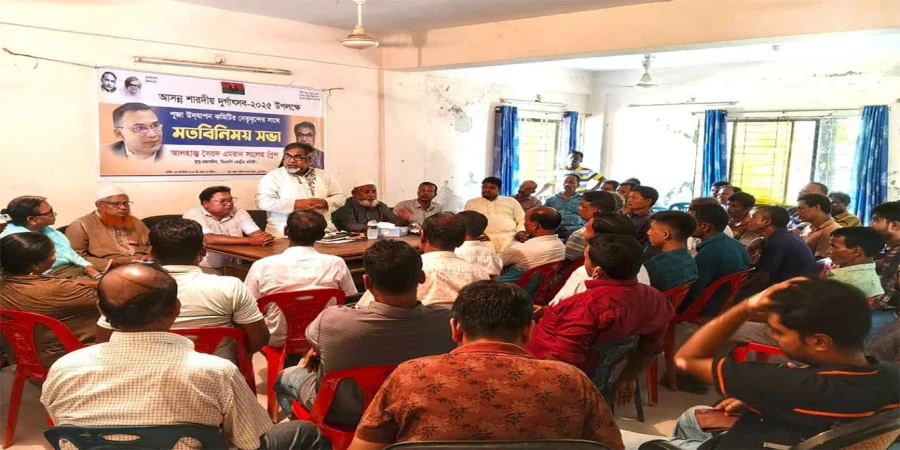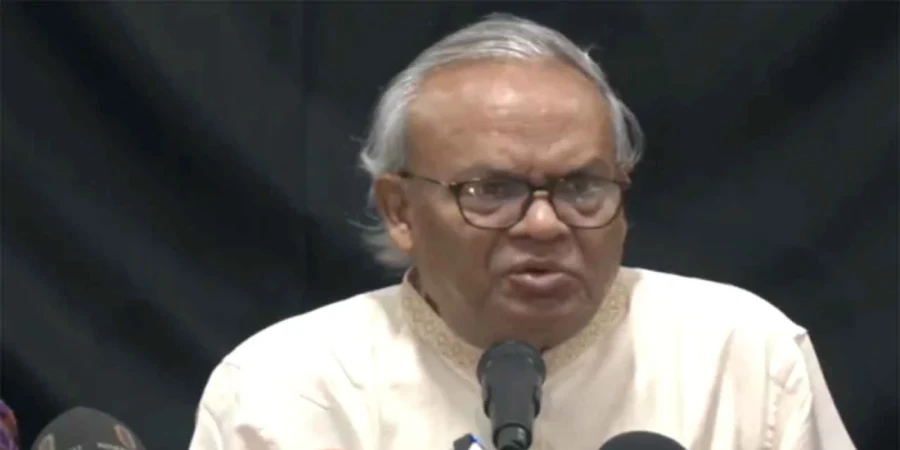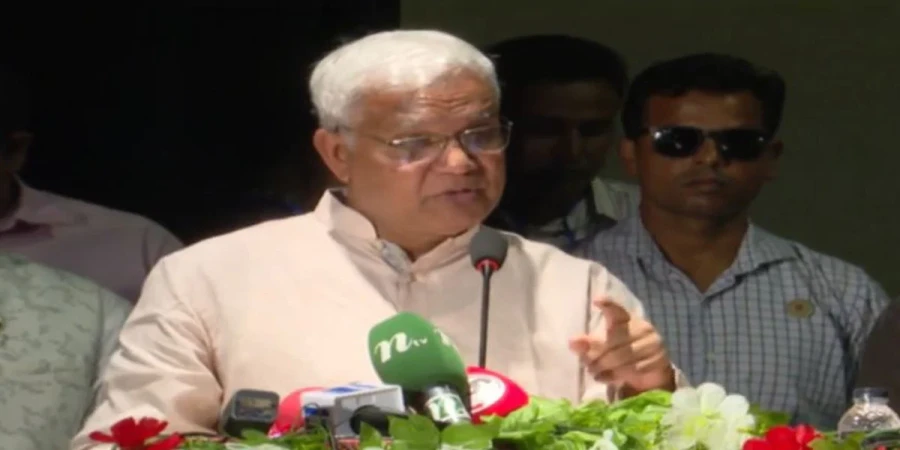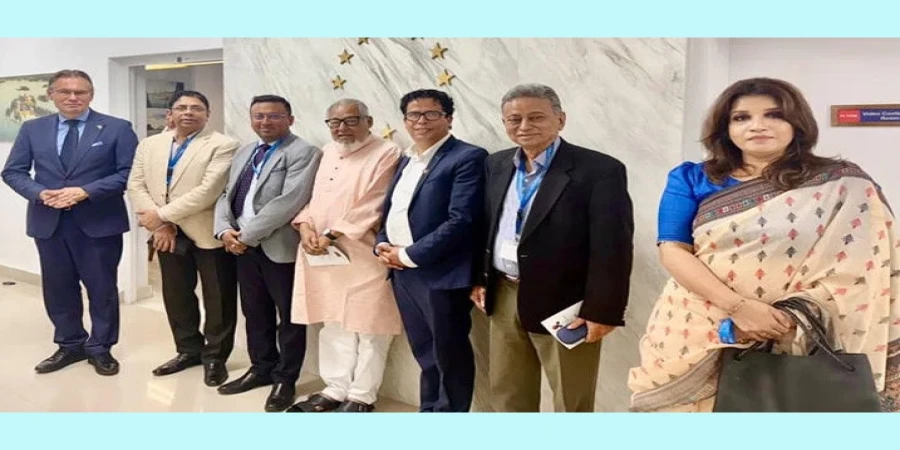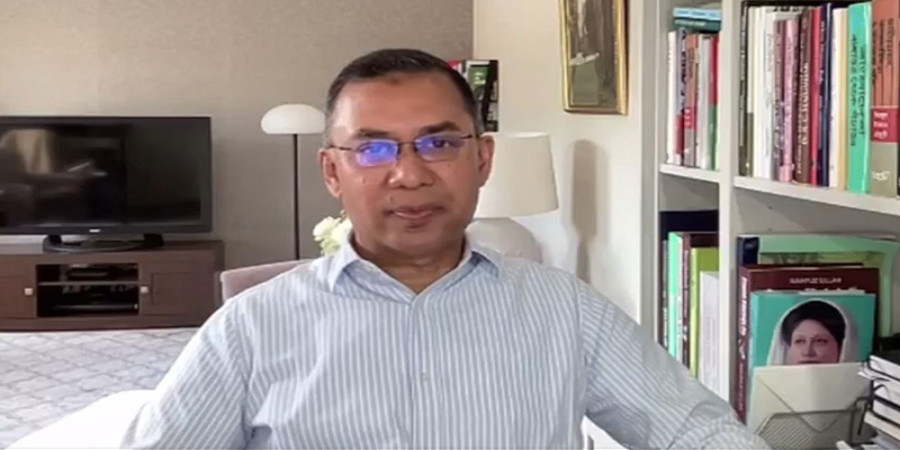
ছবি: Photo: Collected
BNP’s acting chairman Tarique Rahman has voiced skepticism over the capability of the interim government to carry out its responsibilities effectively, stating that growing sections of society are beginning to question its credibility. His remarks came during a virtual speech as the chief guest at an Easter reunion and greetings exchange event held at the BARC Auditorium in Dhaka’s Khamarbari on Friday, May 9.
In his address, Tarique Rahman noted that people from various professional and social backgrounds are expressing doubts over whether the interim administration is indeed capable of fulfilling its intended functions. He linked this concern to broader issues of governance and accountability, stating that these uncertainties are not emerging in isolation but rather from accumulated experiences and unresolved grievances.
Referring to past instances of human rights violations, Tarique Rahman cited the case of Sajidul Islam Sumon, who was subjected to enforced disappearance during a previous period of authoritarian rule. He mentioned that Sumon’s case led to the formation of a civic group named “Mayer Daak” (Mother’s Call) in 2014, composed of families seeking justice for their missing loved ones.
Expressing alarm over recent developments, Rahman stated that police conducted a raid at the residence of Sumon’s sister just the day before his speech. “It is astonishing,” he said, “that the police now claim they were unaware of Sumon’s identity.” This, he argued, reflects either a deliberate denial of past injustices or a lack of institutional memory—both of which further deepen public distrust in the state apparatus.
Rahman’s remarks were framed within a broader critique of the political climate in Bangladesh, especially in regard to what he described as increasing authoritarian tendencies and the erosion of civil liberties. He argued that such actions and oversight issues erode the moral and functional authority of any interim arrangement, especially one that claims to act in the interest of national unity and democratic transition.
His statement arrives at a time of heightened political tension and public scrutiny, with citizens and observers both domestically and internationally watching the interim government’s conduct closely. Rahman’s speech, though delivered from abroad, was a sharp reminder of unresolved political grievances and the ongoing contestation over state legitimacy and accountability in Bangladesh.
repoter



